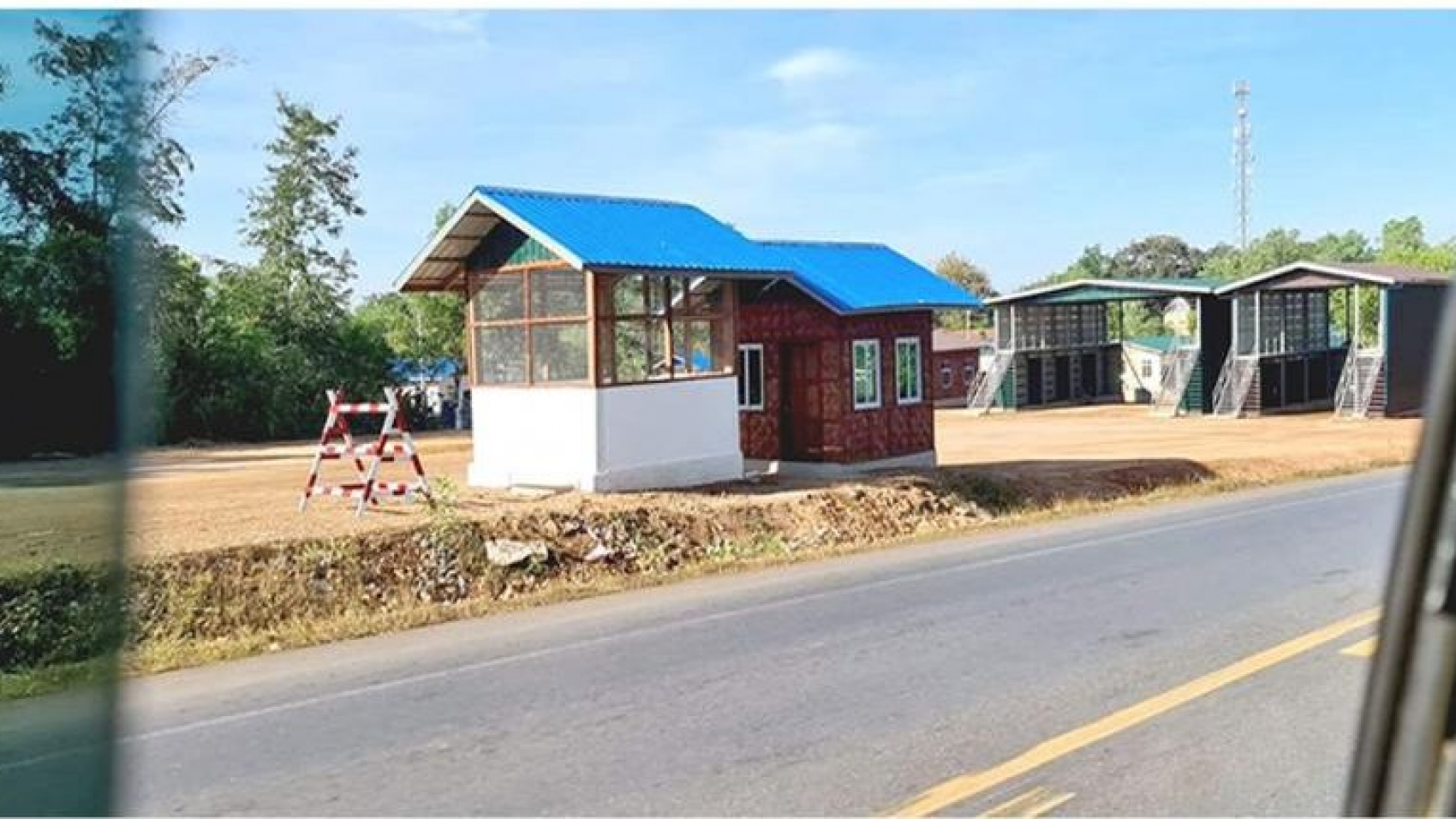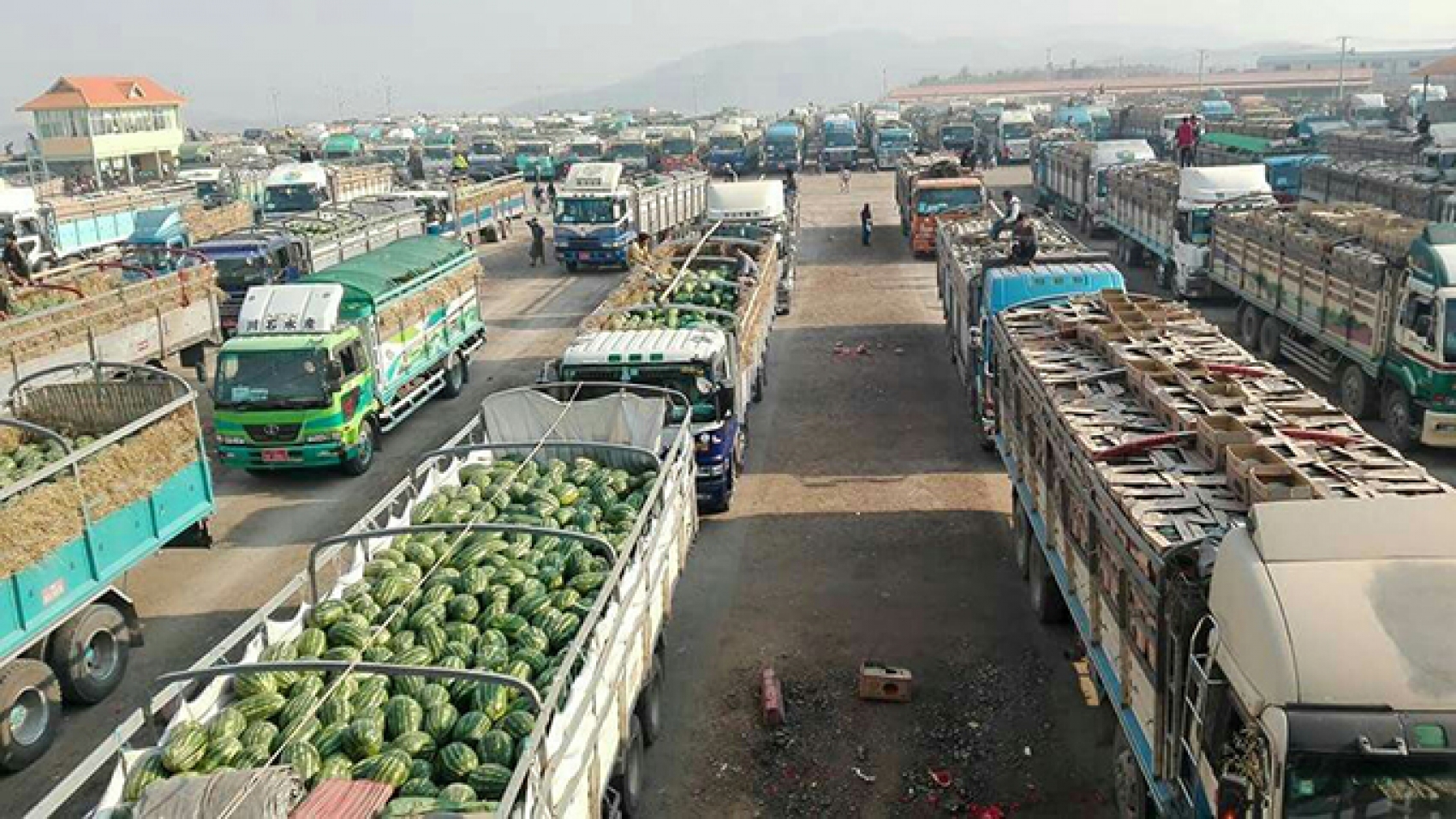Farmers say they are facing difficulties in transporting local agricultural products after the opening of a bridge checkpoint near Hlaing Wa village on the outskirts of Kawkareik to curb illegal trade in imports from the Myawaddy border to the local market. Min Thu, a private egg farmer in Myawaddy, said that the checkpoint at the Kawkareik checkpoint was not subject to strict checks on the illegal import of imported goods, but was restricted to the export of local products. “Yesterday, we left the Myawaddy area at around 900 am and were transported to Moulmein in a small vehicle,” he said.
When we arrived at the checkpoint at Kawkareik Bridge, we were not allowed to cross the truck. Gate officials say local products will only be taxed with the approval of the local Department of Agriculture and trade taxes. Now it is not easy to transport local products from one city to another, ”said Min Thu. In Myawaddy Township, besides paddy, maize; beans , Watermelons are also cultivated by local people and transported to townships for local consumption.
A farmer said that although the Myawaddy border is said to be a checkpoint to control the flow of illegal border goods to increase legal trade volume, farmers are also facing difficulties as they control local agricultural products. A border trader from Myawaddy said, “To increase legal trade; Increasing state revenue is not enough just by opening checkpoints to curb illegal trade. “Traders need to get on the right track. If the tariffs are easy and cheap, all border traders will get on the right track.” Saw Myint Oo, chairman of the State Council, and members of the council opened a joint checkpoint on December 1 to crack down on illegal trade at the site of a broken bridge on the Thai-Burmese border trade route in Kawkareik.
Source: The Global New Light of Myanmar


